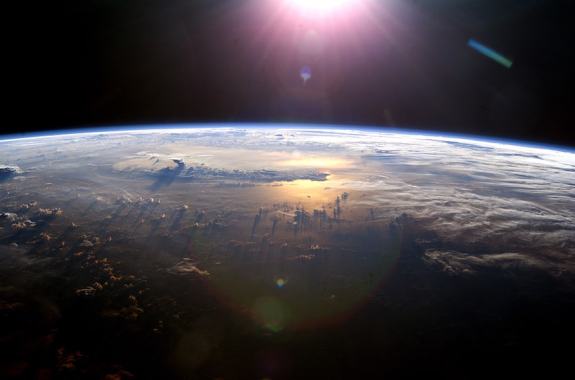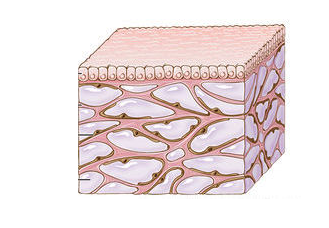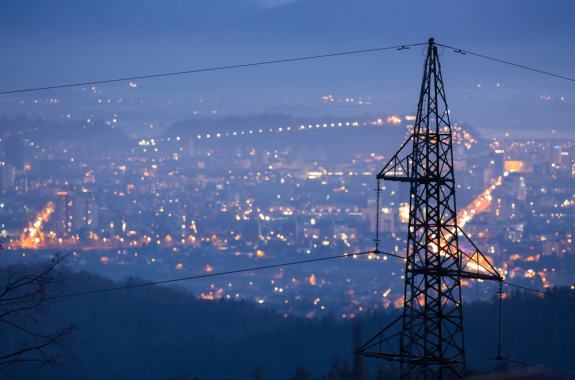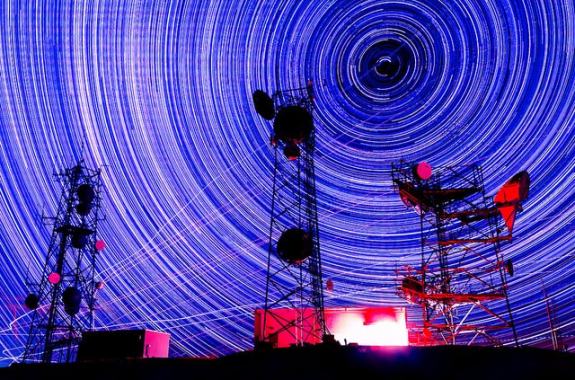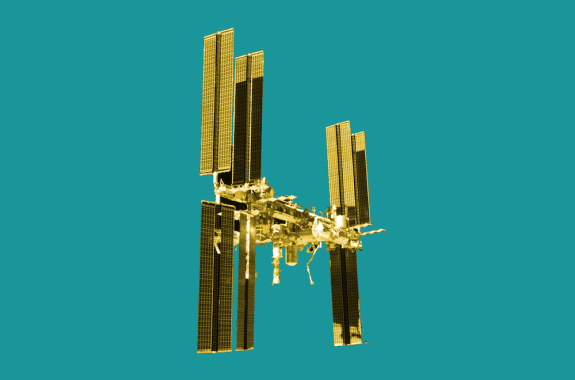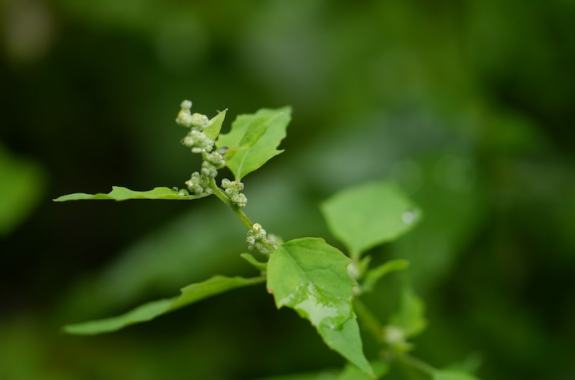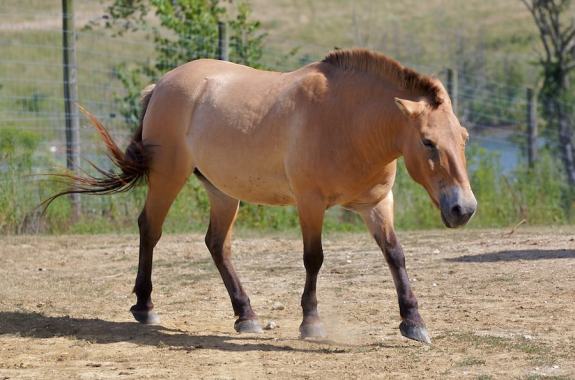Katie Feather is a former producer for Science Friday and the proud mother of two cats, Charleigh and Sadie.
Katie previously worked as a reporter and producer for KBIA, WHYY, WNYC and The New York Times and has a degree in science journalism from NYU. Her work reporting on events in Ferguson, Missouri, in 2014 won a National Murrow Award for small-market feature reporting.
A native of the New York metro area, Katie currently calls New Jersey home (and feels guilty about it). She hopes to one day live near the beach.
7:24
How Facebook Makes Scam Artists’ Jobs Easier
Medical falsehoods go unchecked on the platform and harmful “miracle cures” attract a cult following.
25:05
The Internet Asks “Does It Fart?” And Science Answers
There’s more to flatology once you get a closer whiff.
6:56
What Happened The Last Time Earth Got Hot Quickly?
Plus, 13,000-year-old footprints, the James Webb telescope is delayed, and a rogue satellite makes a timely landing.
12:16
A New Organ That Could Explain The Mysteries Of The Human Body
Scientists have discovered “the interstitium,” a previously unidentified network of fluid-filled tissue.
17:13
How Do You Prevent Russia From Hacking Into The U.S. Power Grid?
Russian cyber groups have proven they can hack their way into U.S. power stations. Is there any way to make the grid safe?
17:29
Why Aren’t There More Women In Blockchain?
The cryptocurrency industry has so far followed the trend in tech of being dominated by men. Women want to change that.
6:33
Through FM Radio, The Sound Of The First Stars Forming
Astronomers catch a signal from the formation of the first stars in the galaxy through radio static.
23:33
Does The ISS Have A Future Among Private Space Competition?
What will happen to the ISS as public companies reach for a piece of space real estate?
7:32
Why You Don’t See ‘Goosefoot’ On Your Thanksgiving Dinner Table
Native American crops you’ve never heard of, a new timeline for plants, and measuring the stench of the Neolithic era.
4:49
A Case Of Mistaken (Equine) Identity
Researchers discover there are no more wild horses left anywhere on Earth.


